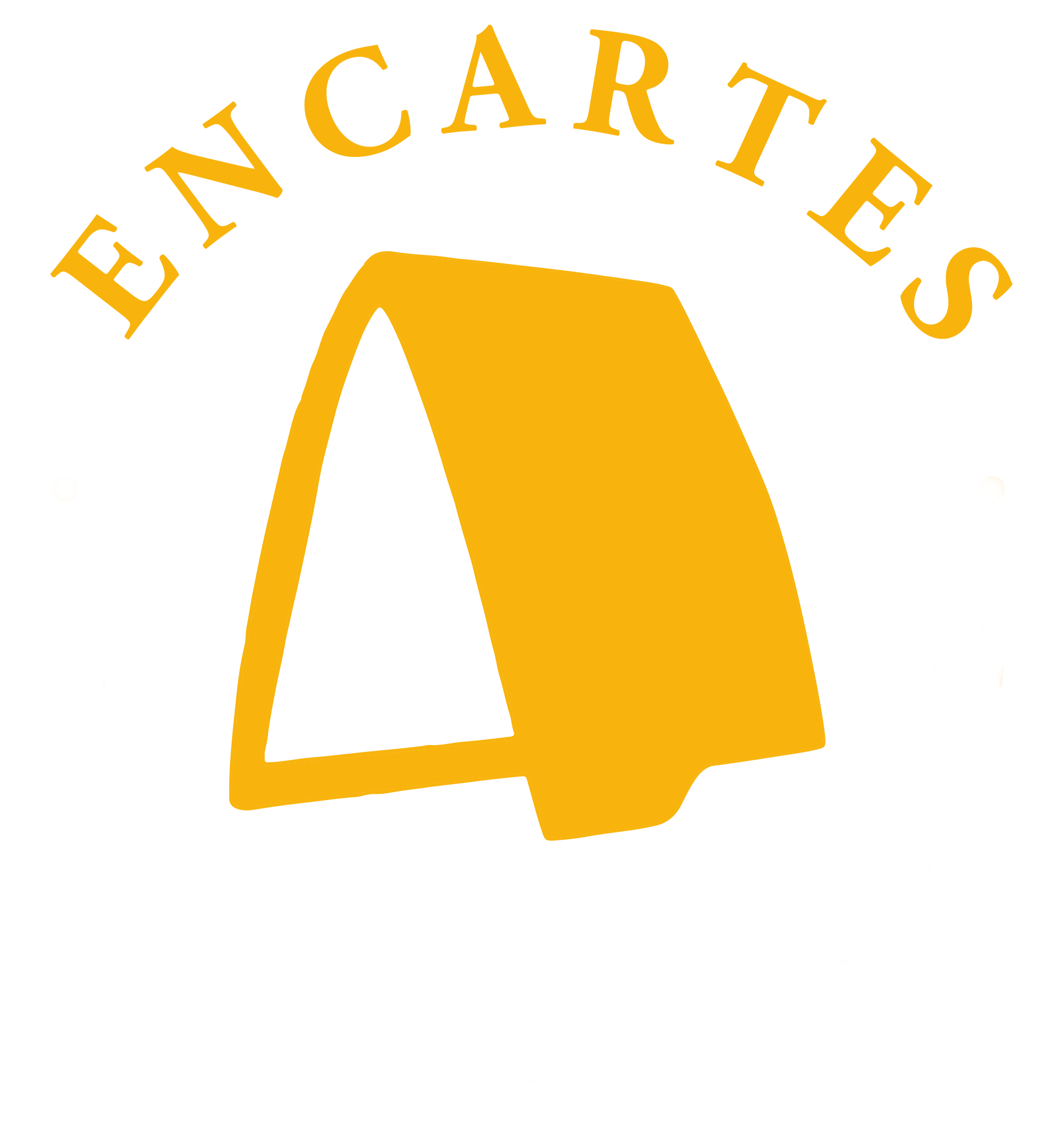home » Santiago Bastos
Santiago Bastos He has a degree in Contemporary History from the Autonomous University of Madrid and a doctorate in Social Anthropology from the ciesas. He was a researcher for flaccid-Guatemala from 1988 to 2008. He is a research professor at ciesas Southeast, while in Guatemala he is part of the Communication and Analysis Team El Colibrí Zurdo. His research is now focused on the effects that the dynamics of globalization are having on indigenous communities in Guatemala and Mexico. His latest publications include the compilation The recreated ethnicity. Difference, inequality and mobility in global Latin America (2019) and the monograph Mezcala, coca community. Community rearticulation and ethnic recreation in the face of dispossession. (2021), both published by CIESAS. Orcid: https://orcid.org/0000-0003-4837-9657
Coloquios interdisciplinarios
Vol 6 No 12 (2023)
Comment on the colloquium "Beyond decoloniality: discussion of some key concepts" by - David Lehmann
― Go to main text
Indigenous Mobilization and Decolonization in Latin America: Some Ideas for Discussion
- Santiago Bastos
Keywords: decolonization, decolonial turn, indigenous mobilization, indigenous peoples.
Drawing on several of the ideas contained in David Lehmann's text "Beyond Decoloniality: A Discussion of Some Key Concepts" (2023), in this paper I propose a different way of understanding the relationship between indigenous mobilization in Latin America in recent decades, decolonial studies and other forms of what I call "the colonial framework". The central argument develops around indigenous mobilization, which I see as changing and in a process of complexification, in which relations to ideas of decolonization are evident, but not the only ones informing its political action. By taking these two elements into account, the relationship between mobilization, decolonization and democracy is understood in a different way and with different consequences than those proposed by Lehmann.
Realidades socioculturales
Vol 2 No 3 (2019)
Social research and political action in the context of violence. Reflections on my experience in Community Press in Guatemala
- Santiago Bastos
Keywords: communities, dispossession, Guatemala, collaborative research.
Dfter the genocide of the 1980s and the peace process in Guatemala, a process of territorial dispossession was launched linked to the activity of extractive industries and megaprojects. The response was a mobilization of the affected communities that became the axis of the indigenous and anti-neoliberal organization in the country, to which the State has responded with the delegitimization, repression and criminalization of leading activists and community authorities. In this context, a group of activists invited me to participate in a political project to support these communities through analysis, dissemination and reflection. The same context forced the project to end up becoming an alternative communication initiative - Community Press - and actions against criminalization. In this text I reflect on my experience in this space and this process, as a case of political use of the profession of social researcher. I dwell on the challenges and possibilities that the processes in which the social sciences are transformed into tools for communicative and legal action pose, and I show the tensions that were present.
Discrepancias
Vol 1 Issue 2 (2018)
Nation and racism. October 12 in the construction of Latin American societies
- Alexander Grimson
- Alicia Castellanos
- Irma A. Velasquez Nimatuj
- moderator Santiago Bastos
Keywords: October 12, Latin America, nation, racism.
WOn October 12, 1492, the ships chartered by the Crown of Castile under the command of Admiral Christopher Columbus touched down in what would later be known as America. This date is so charged with symbolism that it is part of the civic calendars of almost all the countries of the subcontinent, referring to the relationship between the "mother country" and the republics, their "daughters" despite the sacred independence. We take this date to ask three social scientists how the always conflictive relationship of the Latin American republics with their colonial origins, with the original populations and with the Creole legacy in their formation as nations occurs in their respective countries.






